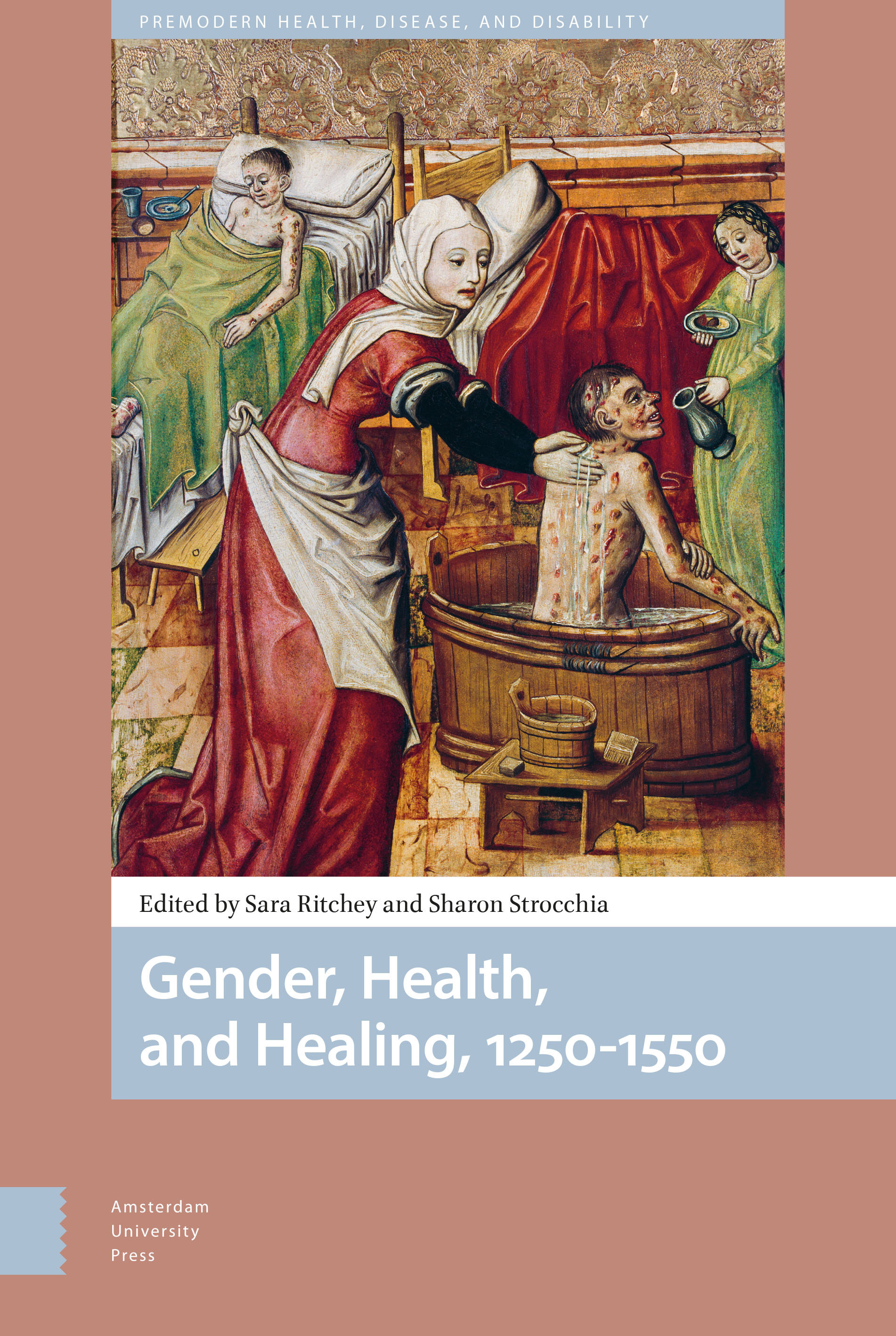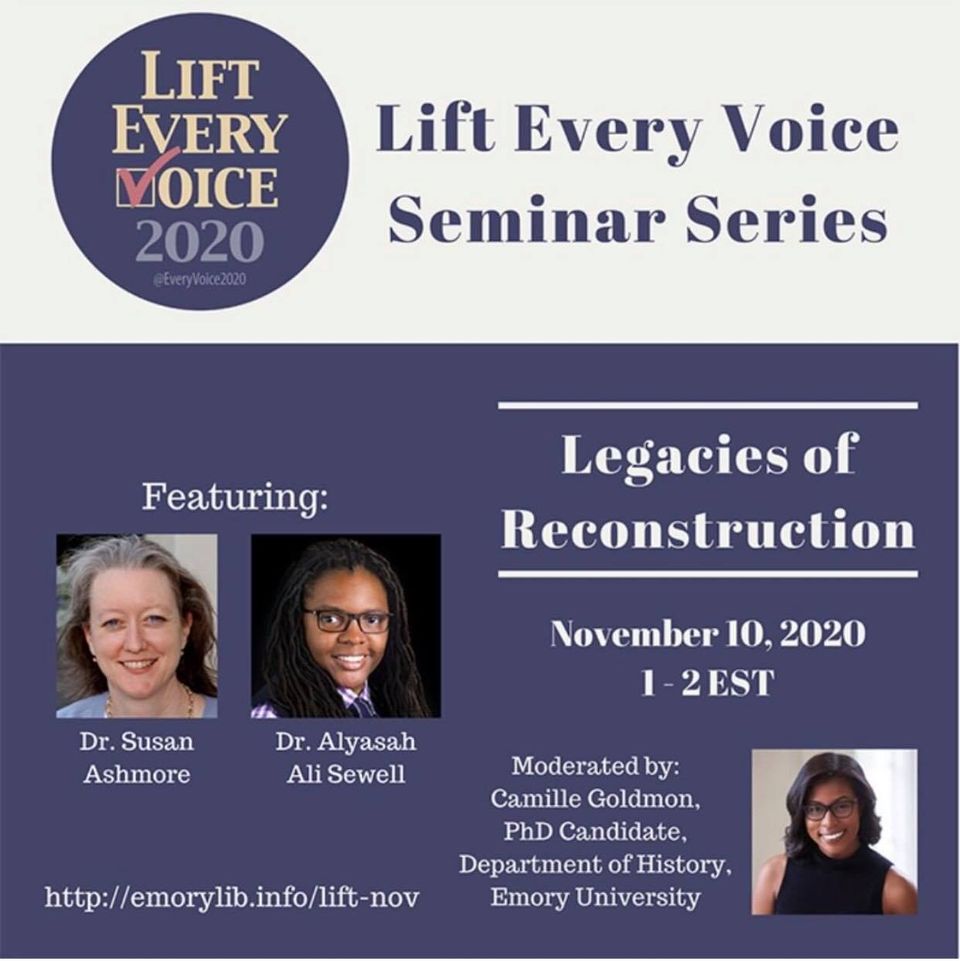The 2020 election saw a majority of Georgians vote for a democrat for president for the first time since 1992. Dr. Carol Anderson, Charles Howard Candler Professor of African American Studies and Associated Faculty in the History Department, analyzed the years of grassroots organizing and coalition building that led toward this shift in a recent U.S. News & World Report article. Anderson discusses Stacey Abrams’ role in turning Georgia blue along with the prospect that other states in the U.S. South may see similar shifts in future elections. Read an excerpt below along with the full piece: “Stacey Abrams’ Legacy: A Democratic South?“
“What we have here in Georgia is incredible grassroots mobilization and organizing,” says Anderson, chair of Emory’s African American studies department and author of “One Person, No Vote: How Voter Suppression is Destroying Our Democracy.” Abrams may have had a high profile, Anderson says, but an army of behind-the-scenes workers were just as invaluable, and the coalition they built included advocacy groups for Asian Americans and Latinos.
“They’ve been doing the work for years, and I mean years,” Anderson says. “Not just two years or three years. I mean, years,” including a decade for Abrams, who started when she was in the Georgia General Assembly – “and it is long, hard work. That is not glamorous. It takes long, hard, sustained effort.”



